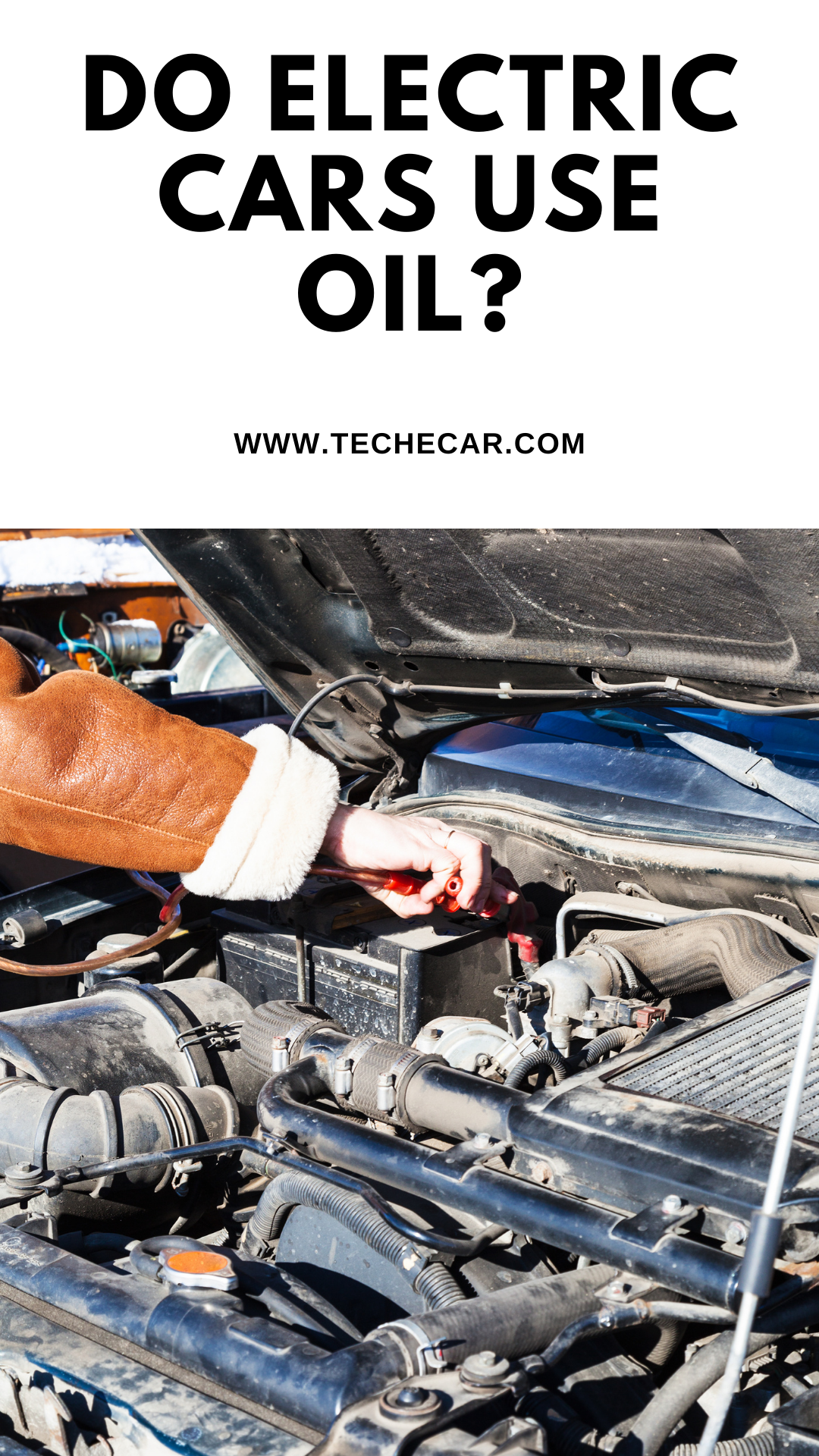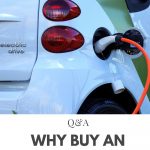Do Electric Cars Use Oil?
Topic: Do Electric Cars Use Oil?


Do Electric Cars Use Oil?
Because electric cars don’t have internal combustion engines, they don’t need motor oil. Several moving parts in the combustion engines of traditional gas automobiles necessitate oil as a lubricant. As a result, oil is injected into a car’s engine to lubricate and minimise friction between the moving parts, including the valves, pistons, and other components.
A properly lubricated engine will not seize or overheat. When metal-on-metal contact causes small metal flakes to build in the oil, you must drain the oil and replace it with new or fresh oil to keep your car’s engine operating smoothly.
When driving an electric vehicle, none of this occurs. In electric cars, such as the Chevy Bolt EV, a battery and an electric motor propel the vehicle. There are no moving parts, such as valves, pistons, or engines, needing lubrication. Because electric cars don’t need oil, they can go longer between oil changes.
Electric Vehicle Parts and Pieces
The following are some of the essential parts of an electric vehicle:
- An electric car’s battery provides the vehicle’s many components with electricity.
- The car must be connected to an external power source to recharge the battery.
- Battery electricity is converted to low-voltage DC power by a converter, which runs the vehicle and recharges the battery.
- Powered by the car’s battery, the traction motor drives the vehicle’s wheels. In some electric vehicles, motor generators provide regenerative braking and propulsion functions.
- It converts the alternating current (AC) electricity supplied by the external power supply into direct current (DC) power that can recharge the battery. That’s not all: It also talks with the charging equipment and monitors the battery status while it is charged.
- Keeping the electric motor, engine, and other components within a safe working temperature range is the job of the thermal system.
How Do Electric Motors Operate?
Magnets are used in an electric motor to transform electrical currents into mechanical motions. The moving streams of charged particles that constitute electrical currents generate their magnetic fields as they proceed. The magnets cause a magnetic field on the other side of an electric motor.
Torque is the outcome of bending and twisting when these fields come together. As a result, the engine’s mechanical power increases in direct proportion to the strength of the electrical current.
car’s wheels receive this automatic rotation in the same manner as classic automobiles. All vehicles with an electric motor perform the same way as those with diesel or gasoline engines.
When driving an all-electric car, like the 2021 Chevy Bolt, the electric motor and wheels are powered by electricity stored in a battery pack. Youngstown, Ohio has various charging stations so you can keep your vehicle fully charged while you’re on the road. Because electric cars accelerate more quickly than vehicles powered by traditional internal combustion engines, they are more enjoyable to drive.
What Fluids Are Necessary for Electric Cars?
Even though electric vehicles require less upkeep, it doesn’t mean you can put them off for months at a time. Keep in mind that there is no such thing as a car that requires no upkeep whatsoever. EVs don’t need oil changes, but you should still check the following fluids regularly:
Coolant
Electric vehicles, like gasoline-powered vehicles, have the same heat problem. To keep the lithium-ion battery in your electric car from overheating, you’ll need coolant. For electric cars, the method is precisely the same for gasoline-powered cars.
Your car’s battery, inverter, and the heater must be checked for coolant levels. The cabin heater isn’t too important, but the other two are essential. When an electric car’s battery overheats, it can cause the vehicle to catch on fire. Keep the coolant at a high level to avoid an explosion.
Fluid for the Brake System.
Due to the regenerative braking mechanism on electronic vehicles, the brake pads of an electric vehicle rarely need to be replaced. Using the vehicle’s kinetic energy, the system lowers the wear on the car’s brakes by supplying the batteries with electricity. When it comes to slowing a car down, this system serves as the principal means.
An electric car’s regenerative braking system is an essential piece of the vehicle’s power-producing machinery. When you have an electronic vehicle serviced, you should focus on making sure the braking system is in good working order since this is your primary means of slowing down the car in addition to creating power. It would help if you had your brakes regularly maintained for safety reasons.
Fluid for transmissions
Fluid changes may be necessary for an electronic vehicle’s multi-speed or direct-drive transmission throughout the vehicle’s ownership. Consult your car’s owner’s manual to determine how often this service should be performed on your model.
We hope that you’ve learned a lot about electric vehicles from this guide from Sweeney Chevrolet. There are nearly a thousand new cars in stock at our Youngstown Chevrolet store. You can always discover the latest Chevrolet SUVs, crossovers, sedans, and trucks at our dealership.
Do Electric Cars Use Oil?
“Unlike a combustion engine, electric vehicles do not require oil to lubricate the numerous moving parts. Electric motors, not oil-burning engines, electric power vehicles.”
Compared to traditional automobiles, electric cars require more minor oil changes.
Because electric cars have different drivetrains, you won’t have to bother about oil changes during your EV maintenance. Oil is required to wax the moving components in a traditional gas car’s combustion engine.
At high speeds, the valves, pistons, and other moving parts of a machine must work smoothly past one another. In this approach, the engine requires an oil change because of the close-tolerance interactions.
Atomic metal flakes accumulate in the oil due to all that metal-on-metal contact, requiring you to drain the old oil and replace it not only to keep the gasoline-powered engine running smoothly but also for the engine’s safety and longevity.
In an electric vehicle, however, none of this is necessary.
Electric vehicles move by using a battery to power an electric motor. Electric cars do not require frequent oil changes since they do not have engine pistons, valves, or other moving parts to be lubricated. Because electric vehicles have entirely different drivetrains than standard cars, you won’t have to bother about routine oil changes.
EVs require frequent checks on these three fluids, even though they do not require oil.
Coolant, brake fluid, and windshield washer fluid are all examples of fluids.
People Also Ask:
Do electric cars use oil at all?
The answer is simple: no. Oil changes are not required in vehicles that run entirely on electricity. This is because they do not have the internal combustion engine present in gasoline-powered cars—electric motors and a battery-powered electric vehicle like the Chevy Bolt 2022.
DC DC Converter Electric Vehicle
Electric Vehicle Charging Stations Oahu





